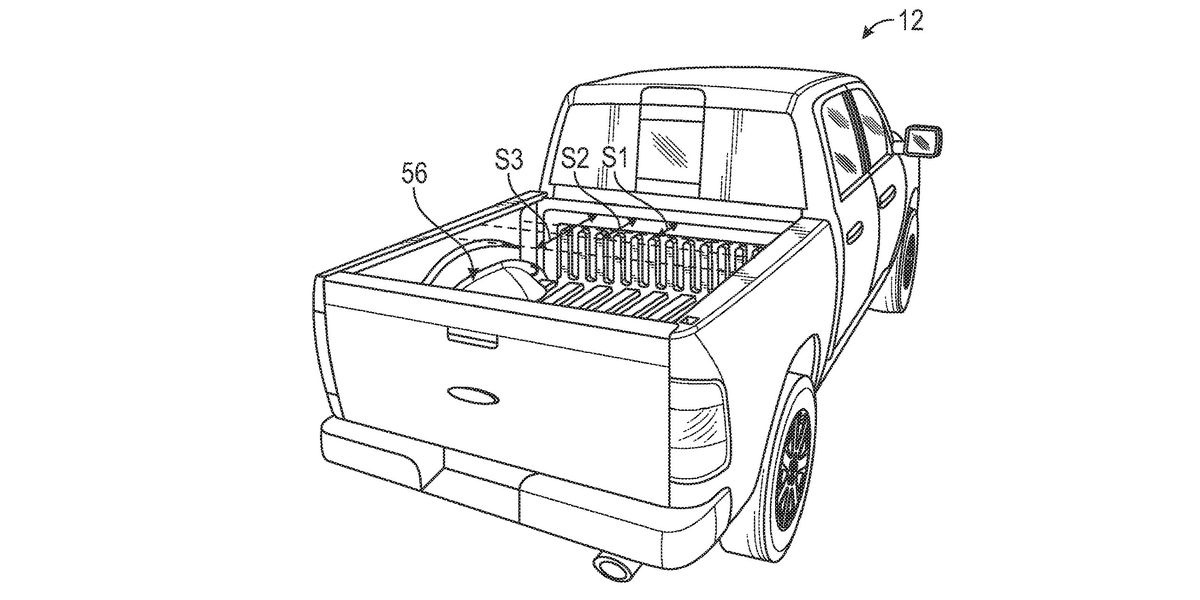Electrical Engineer here - millions of vehicles charging overnight, even tens of millions isn't that big of an issue. Especially as more homes get smart meters, the slow and steady draw of overnight charging to recoup one day's driving is far less than kicking your Air Conditioning, electric water heater, etc. Even today, Tesla and GM vehicles can work with smart meters or have settings to charge in off-peak hours. Recharging 8 hours to top off your battery from a 30 mile commute is not the same as trying to recharge the entire capacity of the battery in a hurry.
The problem is getting infrastructure for fast charging out in the boonies. To charge an EV quickly you need several hundred kW of power, and getting high power transmission lines out to an old, dusty gas station on Route 66 is a tall order. We'll likely see solar panels/ batteries for the immediate need, which will get more and more interesting as more cars become electric.













